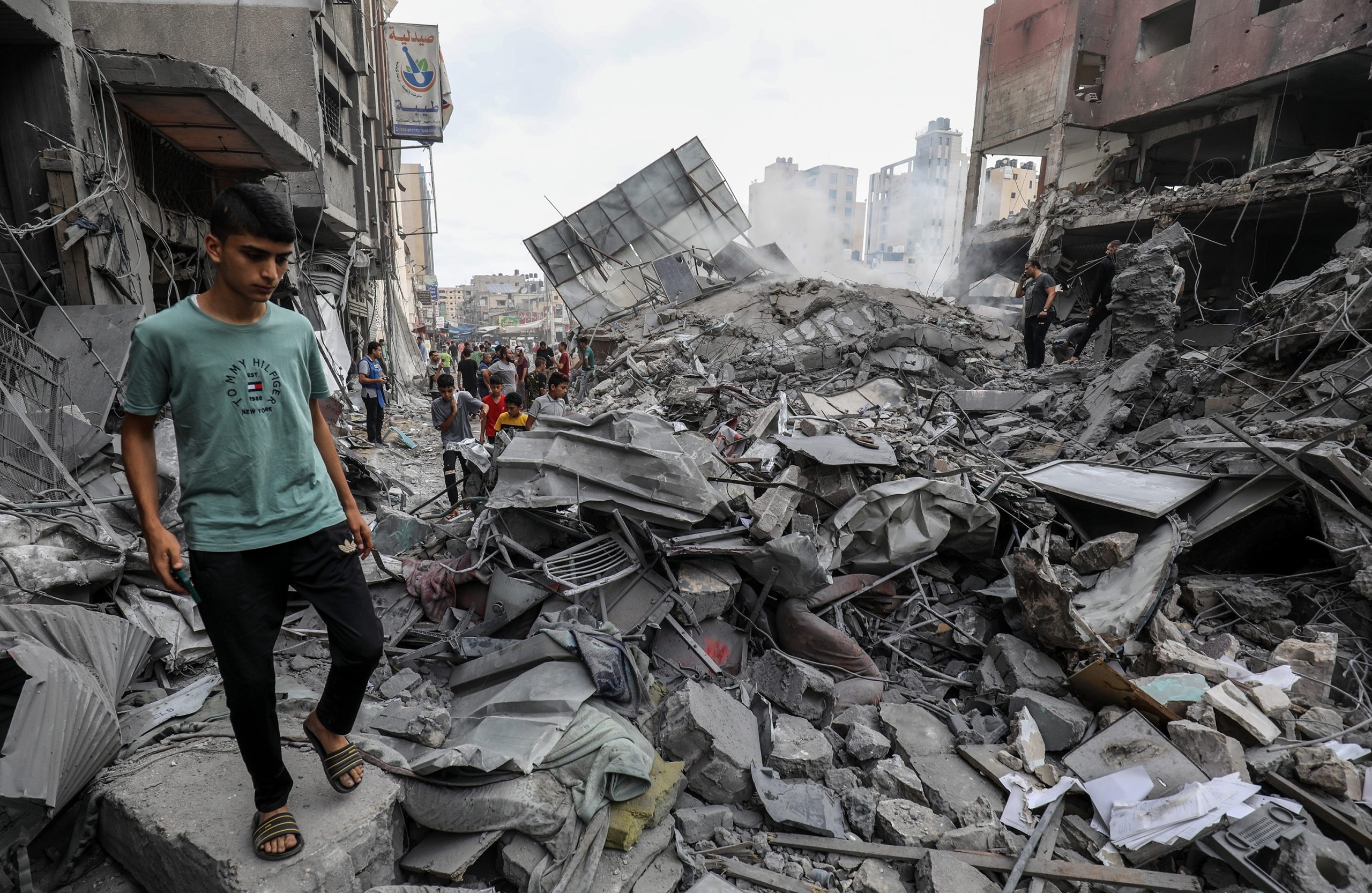The events that we have seen, and which are unfolding at speed in Israel and Gaza are heartbreaking. They are a stark reminder of the consequences of not achieving peace.
The failure to anticipate the deadly attack by Hamas on 7th October has seen thousands killed or injured and represents a catastrophic blow to security in the region, and for the people of both Israel and Palestine.
The role of technology in guiding and mediating decision making has become so ubiquitous that the importance of people and human thought, imagination, and engagement may be neglected. Former Head of MI6 Alex Younger recently suggested that Israeli authorities may have suffered from a failure of imagination, similar to that which took place before 9-11, in not considering that a large-scale attack by Hamas was possible.
There seems to be a pattern of events in recent years where technology has not helped, and in some cases hindered, major decision-making by governments in advanced economies by creating a false sense of security and certainty. Part of the answer may be that technology can both support, but also smother critical thought. Today there is often less opportunity or requirement for the casual conversations, changes of pace, reflective pauses, or deliberate non-sequiturs from which people often draw inspiration. These are all qualities which we believe are critical for effective policy development and which are the focus of our unashamedly human-centric collaborations.
This is not to downplay the role of technology, which is undoubtedly having huge impacts across all areas of our lives, but to suggest we reconsider how we use technology as a springboard and not a crutch. In a world travelling at high-speed, taking the time for critical thought and deliberation is becoming more important, not less, and knowing when to do so is vital.



